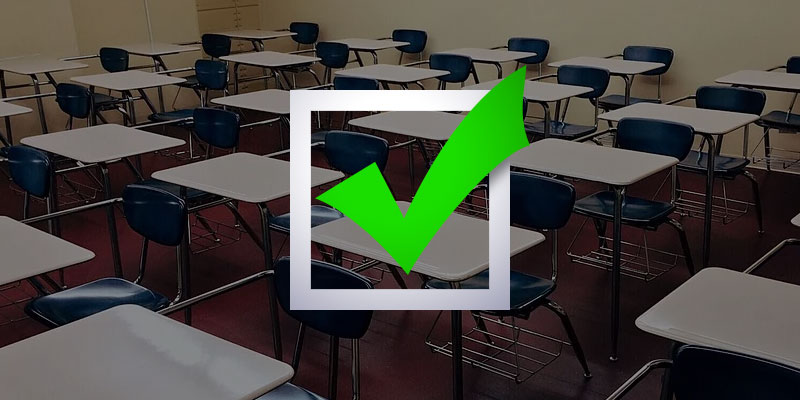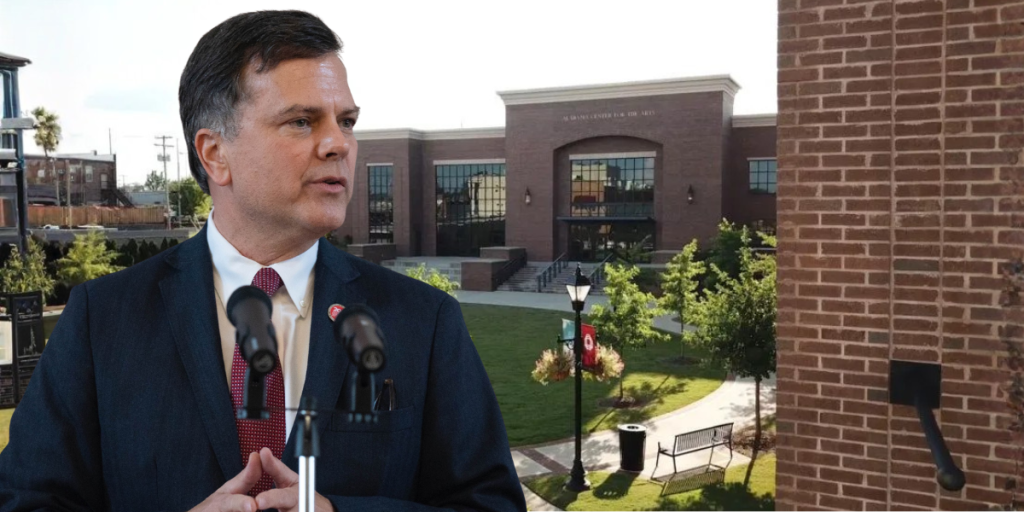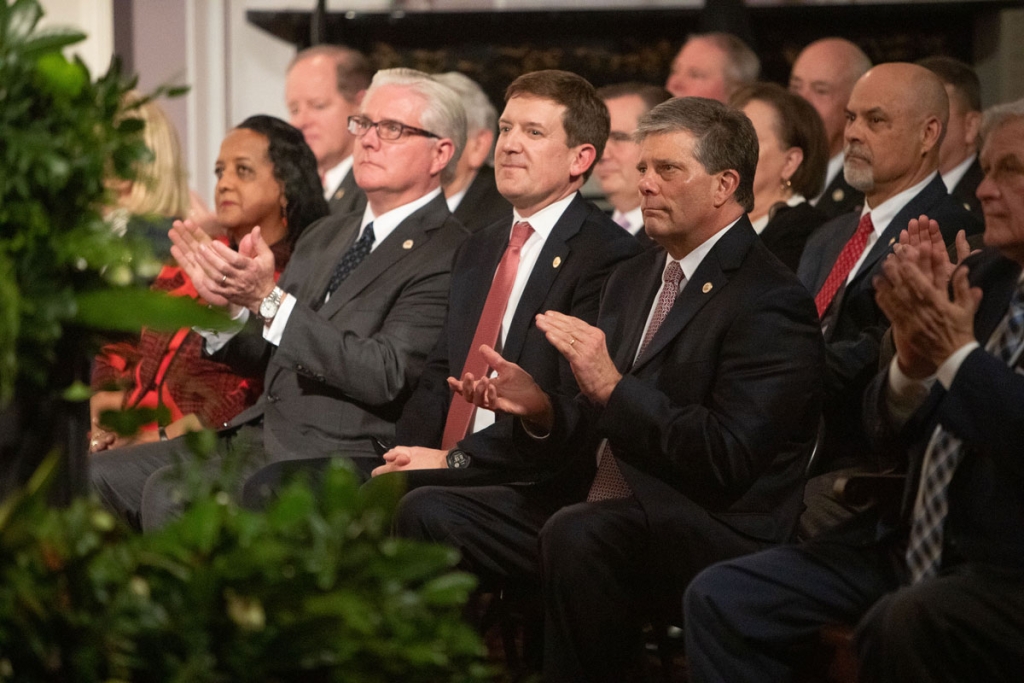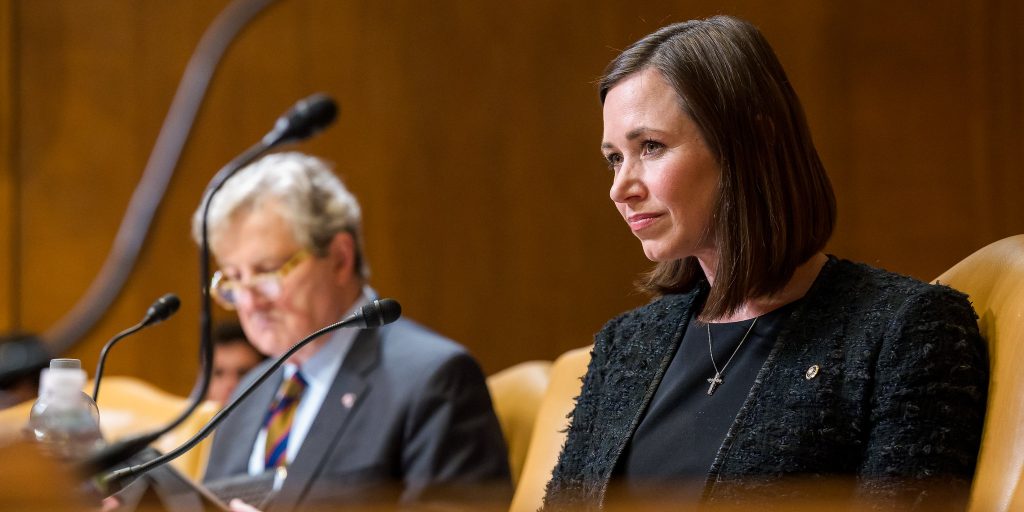On Tuesday, the Alabama House of Representatives passed bills of the education budget package combined, which allocated over $11 billion to k-12 schools, the two-year college system, specialty schools, state four-year colleges and universities, and other state agencies.
Most of the bills of the education budget package were carried by State Rep. Danny Garrett (R-Trussville) who chairs the House Ways and Means Education Committee. Garrett’s committee is tasked with preparing the House version of the budget.
“I’m proud that the House has advanced a record-breaking Education Trust Fund Budget for the sixth straight year,” Speaker of the House Nathaniel Ledbetter said following passage.
“At over $9.3 billion, this historic appropriation meets critical needs in our K-12 system, fully funds the Literacy and Numeracy Acts and provides a well-deserved pay increase for teachers. Additionally, we are funding reading coaches, career coaches and mental health coordinators in every school system. By investing in our students’ education today, we are ensuring a brighter Alabama of tomorrow,” Ledbetter (R-Rainsville) said.
The first bill in the package was House Bill 147. This is a supplemental appropriation from Advancement in Technology Fund – the education budget’s rolling reserve fund. Since there was no proration in the 2024 budget there are excess funds in the reserve.
“The governor has offered a budget of $700 million,” for this supplemental appropriation explained Garrett. “I will offer a sub that will take that up to one billion dollars.”
Rep. Juandalynn Givan (D-Birmingham) told Garrett, “You have done an excellent job. The Speaker made an excellent decision when he appointed you as budget chair.”
“I am a proud graduate of Tuskegee Institute. How do we increase our appropriation,” asked Rep. Mary Moore (D-Birmingham).
“We need to talk about that,” answered Garrett. “We do increase Tuskegee $5 million in the supplemental.”
Garrett explained that the state has $1.75 billion in the reserve and he proposes spending $1 billion of that this year.
“We did not release any of that Advancement in Technology Fund last year,” Garrett continued. “The governor asked for $700 million, We are increasing that by $300 million to $1 billion.”
“Tomorrow I am bringing a bill to end the Distressed (Institutions of Hight Education) Loan Program. Are you addressing that money in this budget?” asked Givan.
“We are addressing it in an amendment,” Garrett explained.
The Distressed Institutions of Higher Education Loan Program was intended to save failing private Birmingham Southern College (BSC). State Treasurer Young Boozer determined that the loan would be a financial risk for the state so the college announced that it will close on May 31.
RELATED: Record education budget advances Alabama House committee
“Every year we are doing more to help our children stay competitive in the state of Alabama,” said Rep. Mary Moore.
HB147 passed 102 to 0 as amended.
HB144 is the supplemental appropriation from budget surplus funds held over from 2023 due to revenues being in excess of what the Legislature had estimated. The state has carried over budget surpluses every year for the last five years.
Garrett explained that the committee accepted the governor’s request for $651 million — but that the Committee has reallocated some money from the governor’s request and added some projects.
Rep. Laura Hall (D-Huntsville) brought an amendment to fund a summer feeding program for students for $30 million. Garrett explained that this was originally a federal program during the COVID-era that Alabama did did not opt-into last year.
“I would ask that you table this motion,” Garrett said. “I have a hard time recommending something that I do not understand.”
The motion to table the Hall amendment passed largely along party lines.
House Majority Leader Scott Stadthagen (R-Hartselle) brought a floor amendment to mov e$15 million from the Lieutenant Governor’s grant program to the Community Service Grants that members award to projects in their district. That amendment was adopted unanimously.
Bracy offered his amendment moving $1 million from the HBCU deferred maintenance program to Alabama State University, That amendment also passed. HB144 passed as amended 103 to 0.
Rep. Cynthia Almond (R-Tuscaloosa) sponsored a bill creating a residential high school in Demopolis for students who want to be healthcare workers.
“This is my honor and privilege to carry the Alabama Healthcare Sciences Act,” said Almond. “For the past two years Gov. Ivey has made this a priority.”
The high school in Demopolis for the healthcare field, will be similar to the Alabama School of Fine Arts, the Alabama School of Math and Sciences, and the Alabama School of Cybertechnology. That bill also passed.
HB145 is the actual ETF budget for 2025. Garrett said the budget is increasing 6.5% which is the maximum amount that the Legislature can increase the ETF under the Rolling Reserve Act.
He explained this includes $200 million for Pre-K, funds reading coaches in every school, assistant principals in every school with more than 300 students, it fully funds the literacy act, fully funds the Numeracy Act, provides a 2% pay increase for education employees, makes starting teacher salaries in Alabama the highest in the southeast, and provides $2.4 billion for Higher Education.
HB145 passed 102 to 1. HB146 is the pay increase of 2% for the education employees. It passed unanimously.
“This is a two percent increase for education employees,” said Rep. Barbara Drummond (D-Mobile) “The cost of this increase is $104.5 million.”
HB148 is the appropriation for Tuskegee University. HB149 is the appropriation for Talladega College. HB150 is the appropriation for the Southern Preparatory Academy. All passed unanimously.
“As ETF Chairman, my top priority is providing Alabama’s K-12 system with the necessary tools to succeed while also remaining conscious of the state’s future needs,” said Chairman Garrett.
“I’m proud that our conservative approach has paved the way for another historic investment into public education while also preparing for the difficult economic times ahead.”
Alabama uses an arcane budgeting system with two budgets: the ETF and the state general fund (SGF) budget that funds non-education state agencies. The Senate passed the SGF package on Thursday. The SGF is sponsored by State Senator Greg Albritton (R-Atmore), who chairs the Senate Finance and Taxation General Fund Committee.
The bills in the education budget package now go to the Senate where they will be assigned to the Senate Finance and Taxation Education Committee chaired by Sen. Arthur Orr (R-Decatur).
To connect with the author of this story, or to comment, email [email protected]













